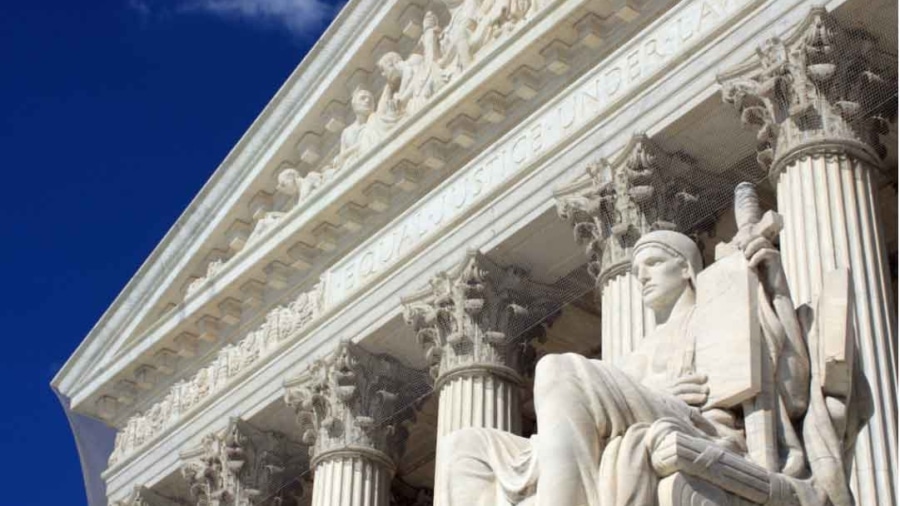On Monday, May 17, the Supreme Court agreed to hear Dobbs v. Jackson Women’s Health Organization, which could be the beginning of the end of Roe v. Wade.
In this case, Mississippi passed a law that banned abortions after 15 weeks. Before this, it was commonly accepted that any ban on abortions before 20 weeks would be struck down. By passing this law, Mississippi decided to push the limits of what the Supreme Court would allow. Its timing was nothing less than providential, since two conservative justices replaced a moderate justice and a liberal justice in the interim.
When the Supreme Court took the case, it agreed to consider one question: “Whether all pre-viability prohibitions on elective abortions are unconstitutional.”
That’s a mouthful, so let’s break it down.
A baby is “viable” when it can survive outside the womb. In 1973, Roe v. Wade held that the government’s right to protect the baby kicks in when the baby reaches viability, but it can’t do much to protect the baby before then. The Supreme Court reaffirmed this principle in 1992 in Planned Parenthood v. Casey. Thus, from 1973 until now, viability has been one of the central issues in abortion cases. Although the government may restrict certain forms of abortion before viability, as it did in Gonzales v. Carhart, the rule is that the government may not place an undue burden on a woman’s right to abort a baby before viability.
Mississippi is asking the Supreme Court to reconsider that rule. Mississippi is arguing that drawing the line at viability was arbitrary, that it does not comport with other areas of the law, and that it does not reflect what medicine and science have taught us since 1973. Notably, Mississippi drew heavily on the writings of Tom Parker, the Chief Justice of the Alabama Supreme Court, who has written about this matter in depth. These are good arguments, and I would bet that the Supreme Court will find them persuasive. Thus, there is a good chance that the Court will rethink the viability standard.
The big question, however, is what happens after that.
If the conservative justices chip away at the viability rule or even obliterate it, then they will necessarily have to clarify how much of the right to abortion remains. I have a forthcoming article in the Regent Law Review arguing that the six conservatives want to overrule Roe but probably will not do it unless they are asked to do so. In contrast, Mississippi said in its petition that it was not asking “the Court to overturn Roe or Casey” unless “the Court determines that it cannot reconcile Roe or Casey with other precedents or scientific advancements ….” Therefore, we may have a standoff between Mississippi and the Supreme Court about who will take the initiative to address the bigger question, each wanting the other side to go first. That’s not good.
I, therefore, see three possible outcomes from this case:
1. The Court rules against Mississippi, reasoning that it didn’t go far enough in asking the Court to revisit bad precedents;
2. The Court rules for Mississippi, reasoning that the viability standard was bad but saving the question of what remains for another day; or
3. The Court rules for Mississippi, not only throwing out the viability standard, but also throwing out the rest of Roe and Casey as well.
I hope the Court chooses option three, but right now, I believe option two is the most likely outcome.
That would still be a major victory for the pro-life movement. If the Court rejected the viability standard but left the lower courts to figure out what to do next, it would throw abortion jurisprudence into chaos, creating more of a demand for the Court to throw Roe out altogether the next time an abortion case arose.
However, my hope is that the Court takes this opportunity to address the threshold issue: the viability standard needs to go because there is no right to abortion in the Constitution. The Alabama Center for Law and Liberty will be filing a brief in this case urging the Supreme Court to rule in Mississippi’s favor for that reason. If the Court agrees with us, then Roe’s reign of terror will be over once and for all.
Matt Clark serves as the Alabama Center for Law & Liberty’s Executive Director. ACLL is the non-profit litigation arm of the Alabama Policy Institute. For more information, visit alabamalawandliberty.org.



